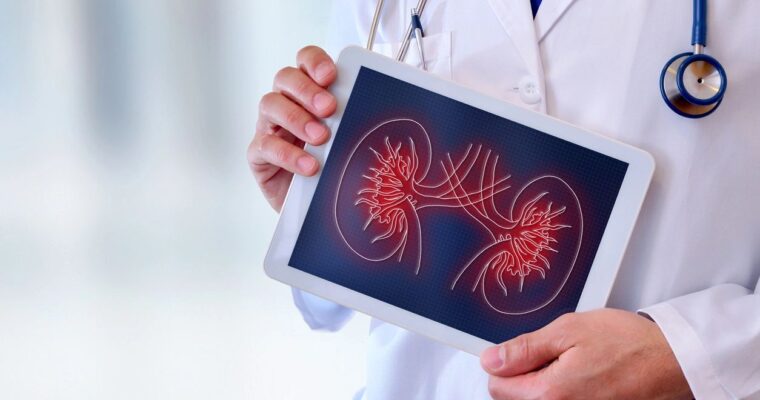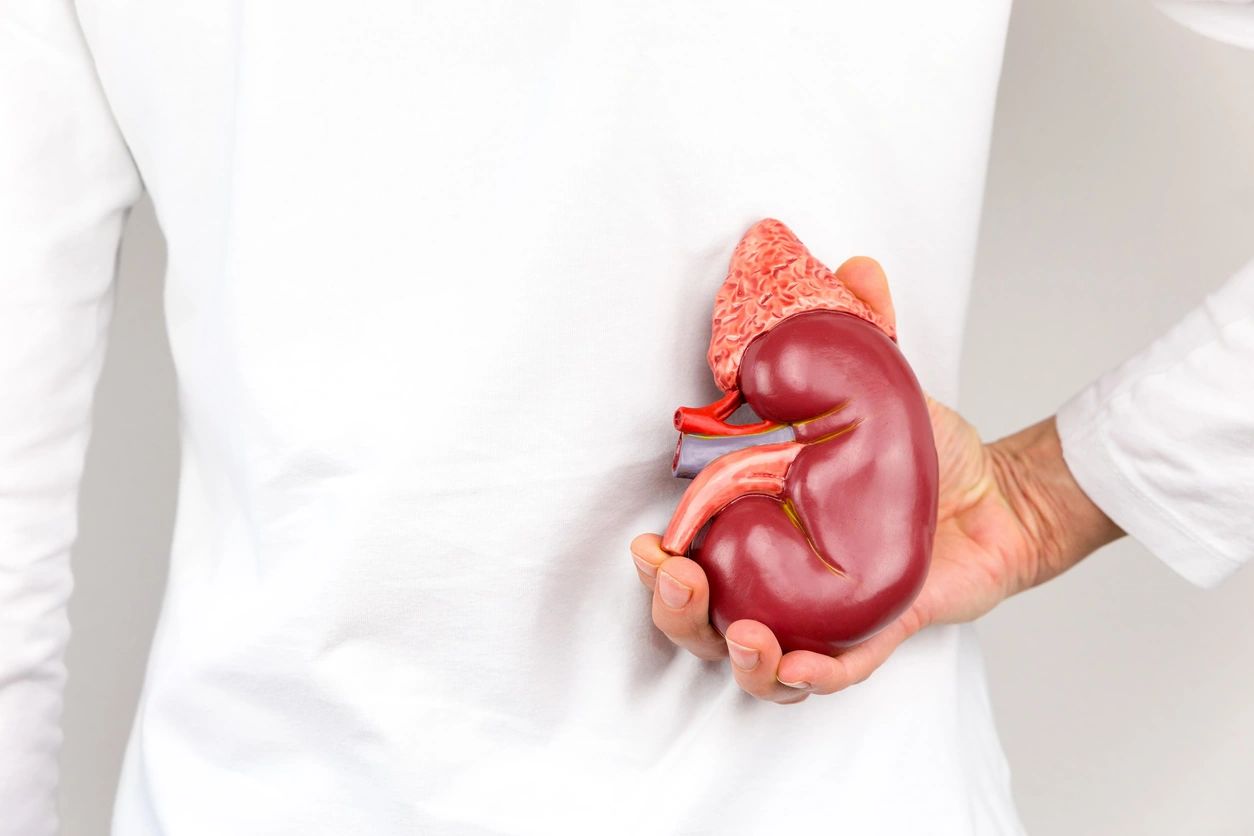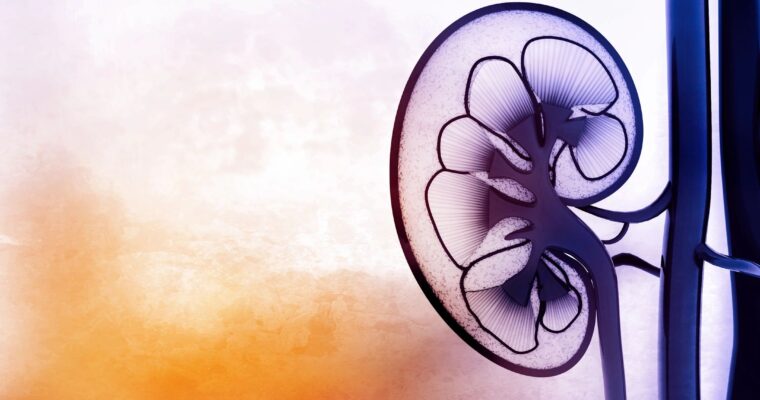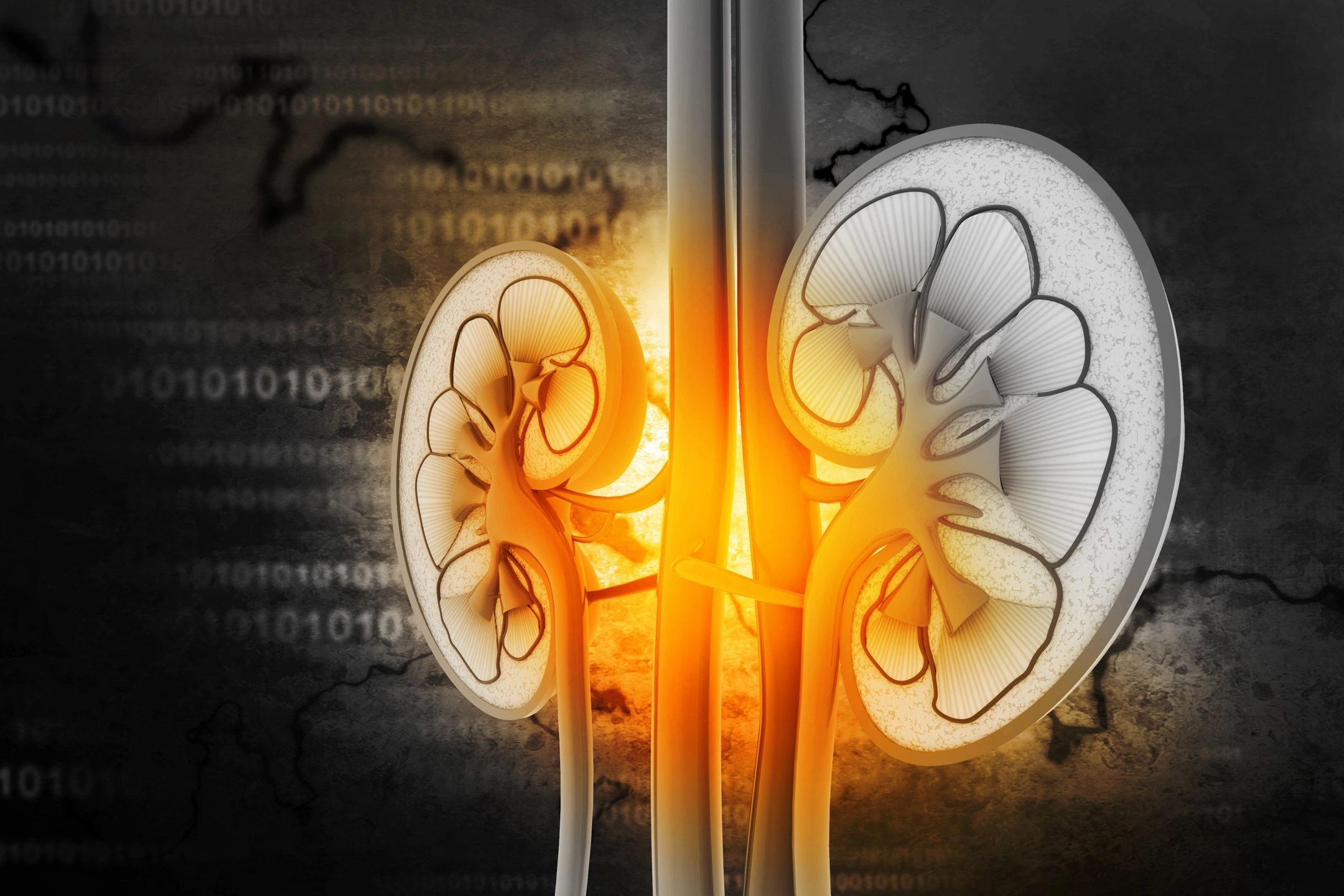Kidney Health Part 3
Dr. Claire Arcidiacono, ND
In this blog on kidney health, I will be reviewing polycystic kidney disease (PKD), chronic kidney disease (CKD) and even kidney failure. The reason I have for putting these 3 disorders in one blog is that all 3 place you at an increased risk of needing dialysis. So, let’s get into it, shall we?
Polycystic kidney disease (PKD) is a genetic disorder that causes cysts to develop in the kidneys. Now how are these cysts different from the common kidney cysts I mentioned in part 2 of kidney health? Well, PKD forms cysts that usually affect kidney function whereas common kidney cysts are usually harmless. PKD is due to a specific gene mutation, which can be inherited. In contrast common kidney cysts occur when the tube of a nephron begins to swell and fill with fluid. While the exact causes of common kidney cysts are not yet known it is known that they do not form because of an inherited condition. (1, 2) Please see the picture of common kidney cysts (3) vs. PKD. (1)


There are 2 forms of PKD. The first form is autosomal dominant polycystic kidney disease (ADPKD). This often does not present symptoms until adulthood. Symptoms can include flank pain, high blood pressure, headaches, UTI, kidney stone and blood in your urine. The second form of PKD is autosomal recessive polycystic kidney disease (ARPKD). In this case symptoms start soon after birth or in early childhood. In fact, during pregnancy cysts may be detected on the fetus’s kidneys during a prenatal ultrasound. Symptoms can include low birth weight, high blood pressure at birth, breathing problems and a swollen abdomen. Other symptoms can include growth failure, frequent UTIs, pain and even high blood pressure. (1) Now what symptoms might you expect with simple kidneys cysts? While they usually don’t cause symptoms, they may cause pain, fever, frequent urination and bloody/dark urine. In some cases, they may lead to an increase in blood pressure. (2)
PKD can have severe complications. In fact, ARPD can be fatal in babies with severe diseases. Other complications can include UTIs, kidneys stones and high blood pressure that can be hard to control. PKD can increase the risk of brain aneurysms, heart valve problems, colon issues, preeclampsia, and liver/pancreatic cysts. PKD can lead to kidney failure and the need for dialysis. (1) Complications of simple cysts can include infections; urine blockage and the cyst may burst or bleed. (2)
Moving on to chronic kidney disease (CKD). What is CKD? Well CKD basically mean’s that there is damage to the kidneys, and they aren’t working as well as they should. CKD gets worse over time and gradually the kidneys will be less and less able to do all their jobs. Eventually as the kidneys begin to fail dialysis may become necessary. There are 5 stages of CKD. Please see the attached chart. (4)
| stage |
GFR (mL/min) |
What It Means |
| Stage 1 |
90 and higher |
Your kidneys are working well but you have signs of mild kidney damage. |
| Stage 2 |
60 to 89 |
Your kidneys are working well but you have more signs of mild kidney damage. |
| Stage 3a |
45 to 59 |
Your kidneys aren’t working as well as they should and show mild to moderate damage. This is the most common stage. You may notice symptoms at this stage. |
| Stage 3b |
30 to 44 |
Your kidneys show moderate damage and don’t work as well as they should. With the right treatment, many people can stay in this stage and never advance to stage 4. |
| Stage 4 |
15 to 29 |
You have very poor kidney function; your kidneys are severely damaged and close to not working. |
| Stage 5 |
Less than 15 |
Your kidneys are very close to failing or have stopped working. You may need kidney dialysis or a kidney transplant at this stage. |
CKD can be inherited and run in families. There are a number of disorders that can lead to CKD. These can include autoimmune disorders such as lupus, and other disorders such as diabetes related nephropathy. Polycystic kidney disease is also a risk factor. Other conditions that can lead to CKD include glomerulonephritis, membranous nephropathy, nephrotic syndrome, vesicoureteral reflux, and any urinary tract obstructions. Certain medicine can also lead to CKD. Having a history of diabetes, high blood pressure, heart disease and abnormal kidney structure/size, and being over age 60 can all increase the risk of developing CKD. Complications include high blood pressure, heart disease, nerve damage, infections, fluid buildup and metabolic acidosis. You may become anemic, have high potassium or high phosphorus. You may develop gout and even brittle bones. Over time you may need dialysis. (4)
Finally, there is Kidney failure. Kidney failure is exactly what it sounds like. One or both of your kidneys can no longer function well on their own. This can either be temporary or chronic. (5) Just like with CKD there are 5 stages. Please see the above chart for staging. Kidney failure is more common than you might expect. It affects 750,000 people in the US every year and 2 million worldwide. What can cause our kidneys to fail? Well common causes are diabetes and high blood pressure. Other causes are lupus, PKD glomerular disease and untreated systemic diseases. Also, any urinary tract obstruction, severe dehydration, and even certain medications. Signs that your kidneys may be failing can include fatigue, nausea/vomiting, swelling, cramps, change in appetite and even confusion or trouble concentrating. There may be frequent urination and dry skin. Advanced kidney failure will require dialysis, and you may need a kidney transplant.
In our next and final blog, I will be reviewing dialysis and supplements that you can use both before and during dialysis.
Sources
- https://my.clevelandclinic.org/health/diseases/5791-polycystic-kidney-disease
- https://my.clevelandclinic.org/health/diseases/14884-kidney-cysts
- https://www.google.com/imgres?imgurl=https%3A%2F%2Fwww.mayoclinic.org%2F-%2Fmedia%2Fkcms%2Fgbs%2Fpatient-consumer%2Fimages%2F2013%2F08%2F26%2F10%2F37%2Fds01186_im04667_mcdc7_kidney_cystthu.png&tbnid=xVI3NjVtU8SVzM&vet=1&imgrefurl=https%3A%2F%2Fwww.mayoclinic.org%2Fdiseases-conditions%2Fkidney-cysts%2Fsymptoms-causes%2Fsyc-20374134&docid=R_mEtppoI4R7oM&w=400&h=537&hl=en-us&source=sh%2Fx%2Fim%2Fm4%2F7&kgs=f2e66290ad0697d8&shem=abme%2Ctrie
- https://my.clevelandclinic.org/health/diseases/15096-chronic-kidney-disease
- https://my.clevelandclinic.org/health/diseases/17689-kidney-failure









